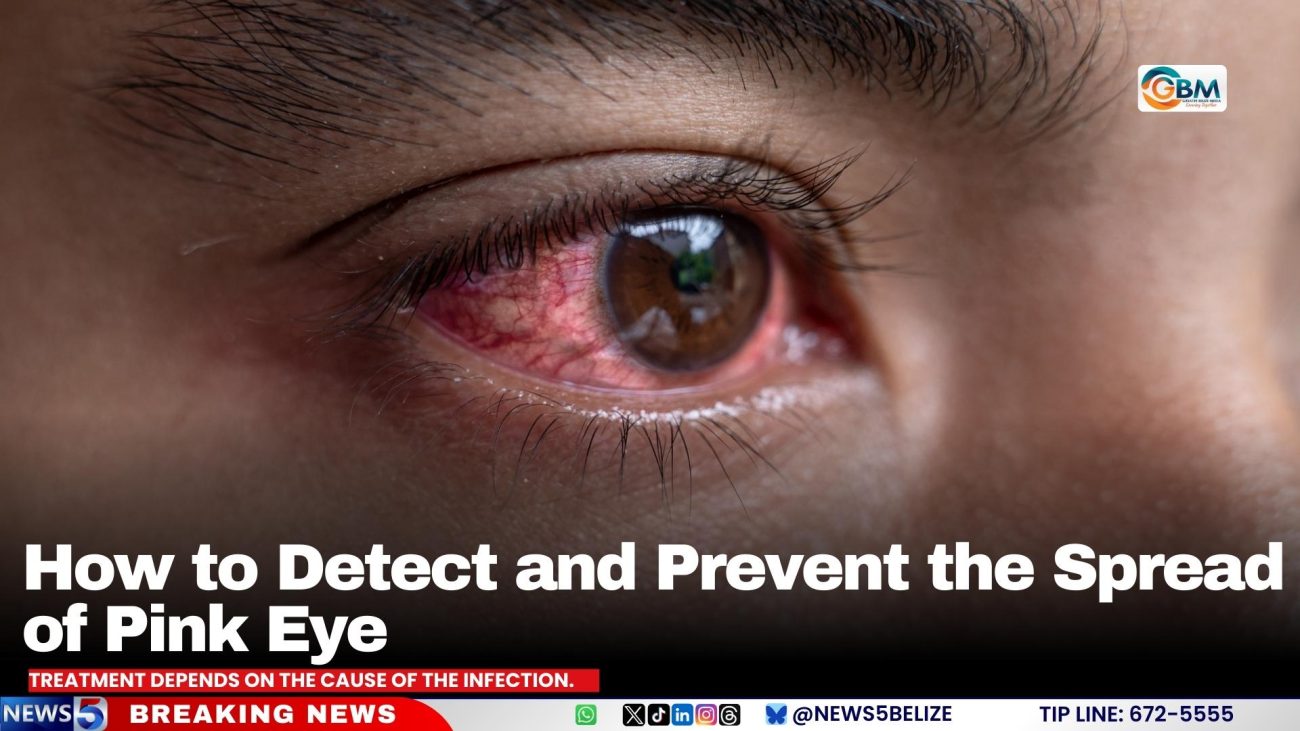How to Detect and Prevent the Spread of Pink Eye
Conjunctivitis, commonly known as pink eye, is an eye infection that can affect anyone and spreads quickly if precautions are not taken.
The condition is easy to recognise, as symptoms often include redness in one or both eyes, itching, watery discharge, swelling around the eyelids, and a sticky substance that can cause the eyes to shut in the morning. Some people also describe a gritty feeling, as if sand is in the eye.
Treatment depends on the cause of the infection. Viral pink eye usually clears up on its own within one to two weeks, with cool compresses and artificial tears helping to ease irritation. Bacterial pink eye, however, may require antibiotic eye drops prescribed by a doctor. Allergic pink eye can be treated with allergy medication and by avoiding triggers such as pollen, dust, or pet dander.
Health experts stress that pink eye spreads easily through touch. To prevent infection, people should wash their hands regularly, avoid rubbing their eyes, and refrain from sharing items like towels, pillowcases, or cosmetics.
Parents are also advised to keep children with pink eye at home until the condition improves to avoid passing it on to classmates.






Facebook Comments